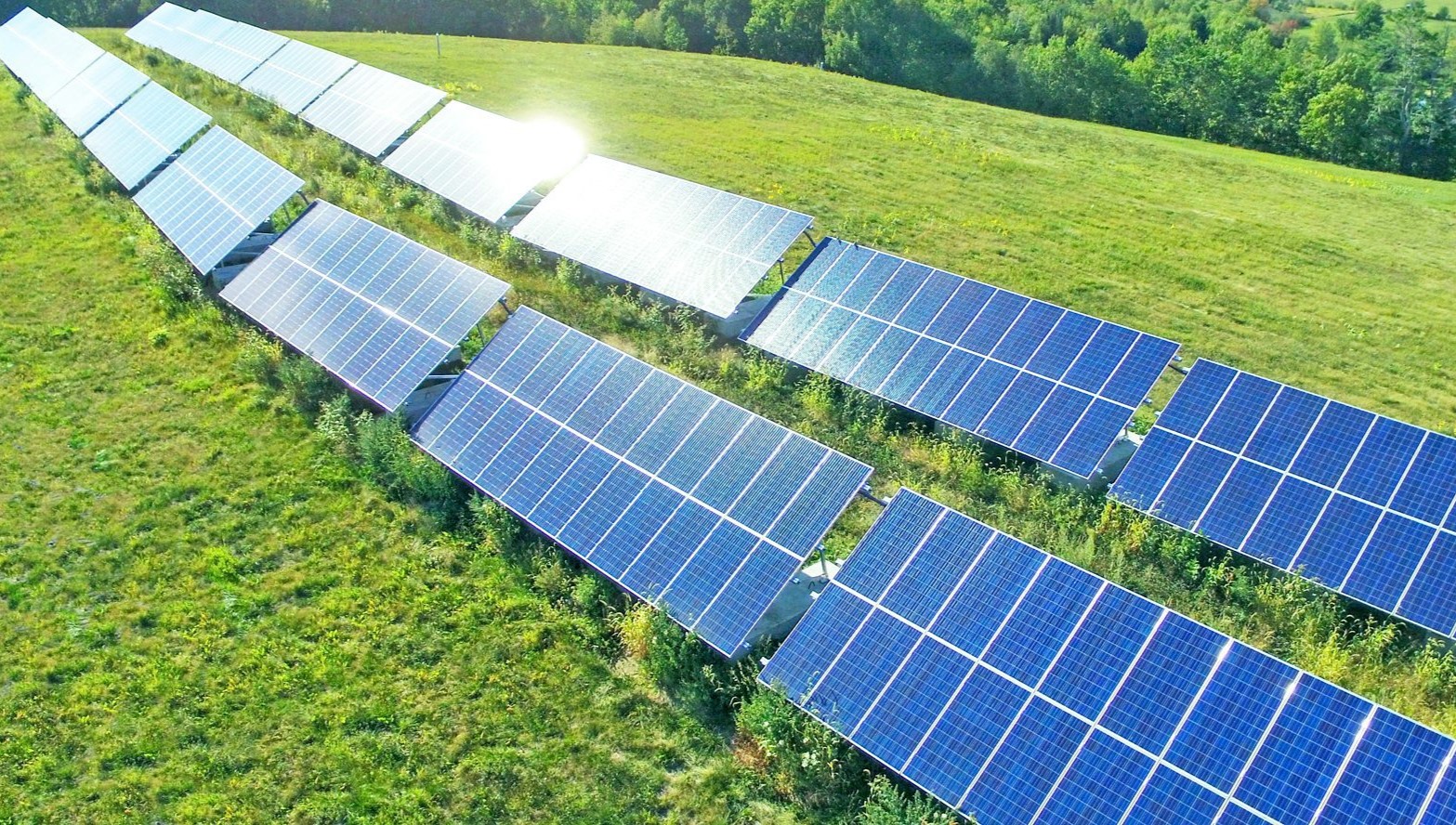At the February 6 Cutler Select Board meeting, the last item on the agenda was the notice received by the town that Sol America Energy LLC was holding a public informational meeting on a proposed solar farm behind the Ackley Road and was filing an application with the Maine Department of Environmental Protection (DEP). The meeting was held via Zoom on February 13.
The town is currently in the process of updating its land use ordinances, and the concern was that there was no mechanism in place for citizens to be notified and no building permit was needed for this type of construction.
The selectmen then scheduled an informational meeting and special town meeting on February 15 to discuss a moratorium ordinance regarding solar facilities, commercial wind energy facilities, telecommunications towers and subdivisions.
At the Zoom meeting with the Sol America Energy representatives, several abutting landowners voiced their concerns about the fragile ecosystems that would be disrupted with this construction.
They were also concerned about the watershed, as it flows into Holmes Bay, which is where many of the clammers in town make their living. There were also concerns about noise and light.
According to the wetlands scientist, Matt Todd, a complete environmental study was completed, and there were no vernal pools or streams found on the property.
The property potentially being developed is approximately 46 acres; however, the project would only disturb approximately 12.7 acres and the solar farm would be only nine acres.
There would be an additional two acres of trees cleared to prevent shading of the panels. Access would be from Cutler Road, while most of the abutting landowners are on the Ackley Road.
Sol America Energy is a U.S. company based in Atlanta, and they have been erecting solar facilities since 2009 in the Midwest and East Coast. Eighty percent of the materials they use are manufactured in the U.S.
The panels would track the sun, which creates the most production with the least amount of disturbance. There is no lead in the panels; however, there may be trace amounts in the wires. The modules are manufactured by First Solar in Ohio.
The medium is cadmium and telluride, and when bonded they are inert. First Solar will take panels that break or reach the end of their life back to recycle them.
The company will also have a decommissioning bond registered with the state before the start of construction to pay for decommissioning at the end of the 30-year lifespan of the facility.
As far as noise from the facility, the only parts that will make noise are the transformer and inverter; at three feet away it’s 70 decibels and at 150-160 feet it is inaudible. It would only run during daylight hours. This facility would produce approximately one megawatt daily.
A stormwater erosion plan would be filed with the DEP and the town of Cutler. The Maine DEP has 150 days to review the application for compliance and decide whether or not to issue a permit.
Public comment will be accepted by the DEP. For more information contact the Maine DEP by calling (207) 287-7688.
Town approves moratorium
As a stopgap measure, on Thursday, February 15, a public hearing was held at Bay Ridge Elementary School, followed by a special town meeting to vote on enacting a 180-day moratorium on permit applications for solar and wind farms, cell towers and subdivisions.
The select board presented the moratorium ordinance due to the town being engaged in a rewrite of the town’s land use ordinance, which was adopted in 2019 and is no longer consistent with state law.
The town’s planning board deems the town’s commercial development review ordinance and subdivision ordinance to be inadequate in addressing issues related to solar and wind farms, cell towers and subdivisions, and there is concern they could pose serious public harm, including environmental impacts.
There are also concerns about lack of decommissioning plans and financial assurances and restoration of land once they have outlived their commercial usefulness.
After some discussion of the current solar farm plans, it was agreed upon by those attending, even those who were in favor of these facilities, that it was in the best interest of the town to create ordinances so that each individual project would come before the planning board and the public would be aware of large changes of use.
The 180-day moratorium, which may be extended by the select board if more time is needed, passed by a vote of 55-0.
The planning board will be working on updating current land use ordinances over the next several months. Once a working draft is completed there will be a public informational meeting, and at the annual town meeting there will be new ordinances ready for approval by the townspeople.
The next select board meeting will be on Wednesday, March 6, at 3 p.m.
The planning board usually meets on the third Wednesday of the month but, due to school vacation, will be meeting on Monday, February 26, at 3 p.m.
Due to the work that will need to be done on the ordinances, there will be more frequent work sessions held by the planning board.






